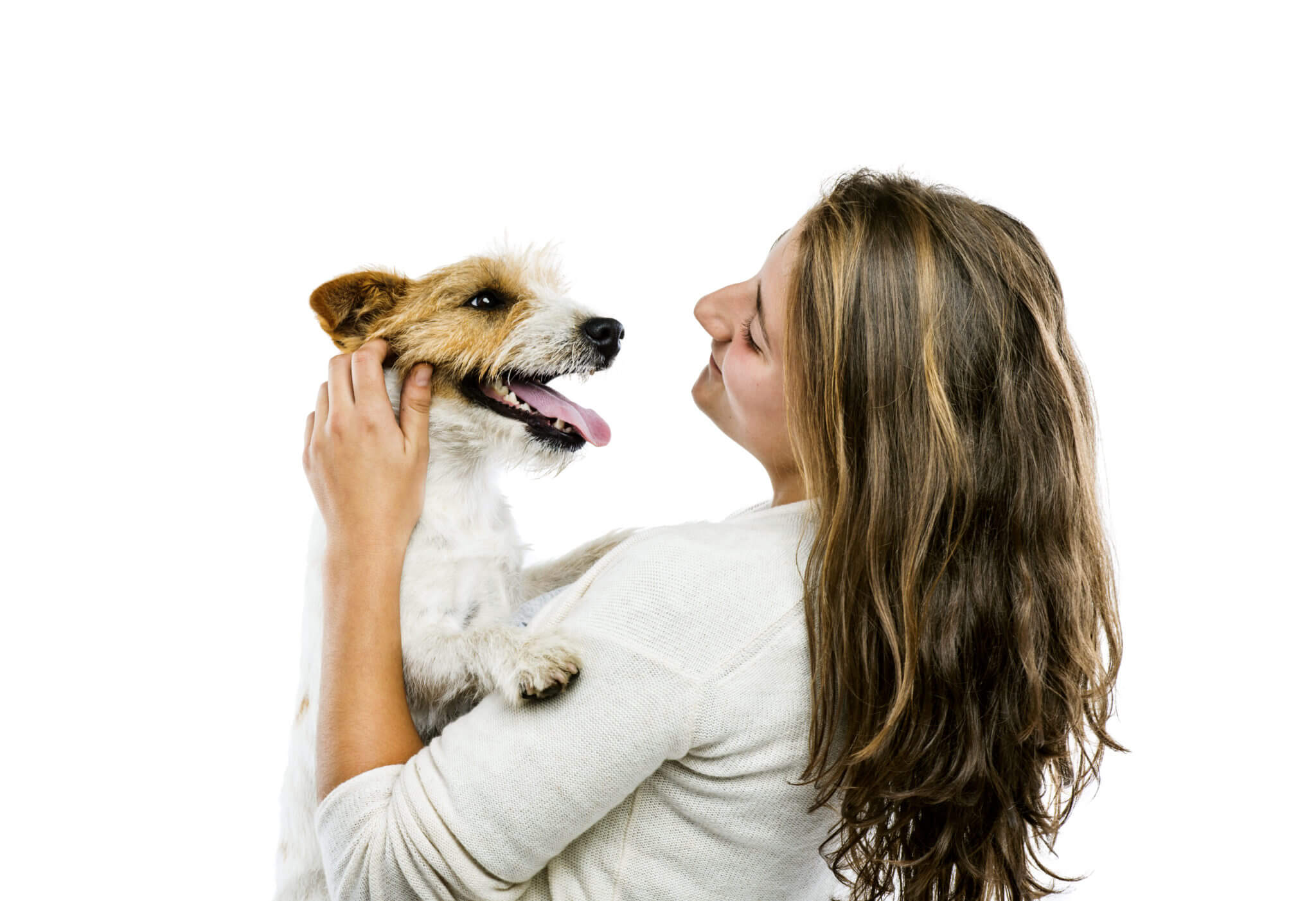
If you’re wondering whether you should crate train your puppy, the answer is a clear yes for several reasons. Crate training takes advantage of your dog’s instinct to seek small places. In fact, your pup’s crate can (and should) be a space where they feel comfortable and safe.
Crates also allow your puppy to stay safe when you aren’t home, keeping them out of potentially harmful substances — and protecting your belongings from chewing. As a bonus, if your puppy becomes sick while in their crate, determining what they exposed themselves to will be less of a guessing game.
Benefits Of Crate Training
To make the most of the benefits of crate training, you should start when your dog is still a puppy. While dogs of all ages can be crate trained, the process is less stressful for younger animals. Some other benefits of crate training include:
- Helps with housebreaking: A crate can be a helpful tool when housebreaking your puppy, as dogs don’t like to soil the place they sleep and will thus learn to hold their bladder more quickly. Placing your dog in their crate also limits their access to furniture and other items they might chew on while teething.
- Reduces stress in emergencies: In the case of an emergency, crate training can be vital. Having your pup enter their crate willingly saves crucial time needed for evacuation. Keeping your dog in a contained area also prevents the risk of injury and keeps them from running away and getting lost.
- Provides a safe space: Sometimes, everyday life for your dog can be stressful — just like it is for humans! Crate training provides a safe space for dogs to self-soothe and decompress.
How To Crate Train Your Dog
The most important thing needed for crate training is patience. Your pet may take days, weeks or even months to adjust to being crated. Here are some steps to take to start crate training your dog:
- Introduce your dog to the crate: Place the crate in an area where your family frequently spends time, such as a living room or the kitchen. Place a blanket inside and take the door off so your dog can explore the crate at their own pace.
- Feed your dog meals near the crate: By feeding your pup near the crate, you will help them develop positive associations with it. Once they start going into the crate on their own, place their food inside the door.
- Practice longer crating periods: Start by placing your dog in the crate with the door closed and then leaving the room for 10 minutes. As they grow more comfortable, work your way up to half an hour and then leave for short periods. During house training, a puppy’s crate time should not exceed three to four hours, as they will need to go outside to eliminate. Once your dog is older than 6 months and fully comfortable with the crate, you can try leaving them overnight.
Contact University Animal Clinic For Crate Training Advice And Care
If you need veterinary care or more information on how to crate train your dog, give us a call at University Animal Clinic by dialing (941) 253-5218 or book an appointment online. We are an AAHA accredited clinic providing comprehensive care for companion animals. We look forward to meeting you and your four-legged friend!
